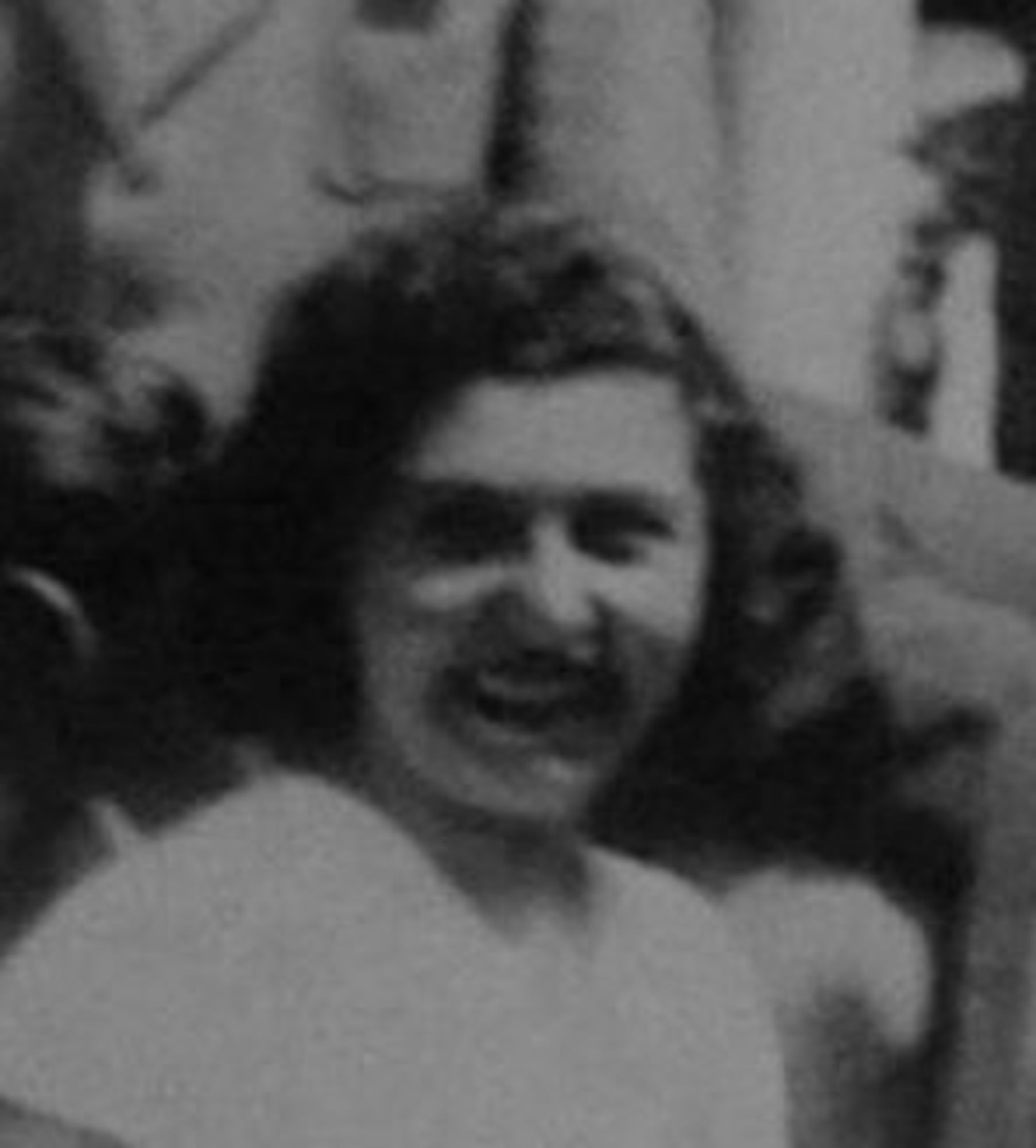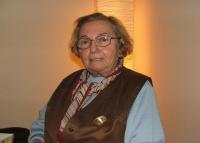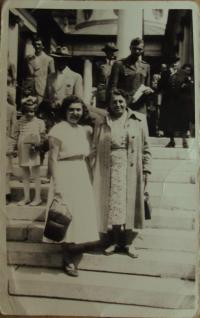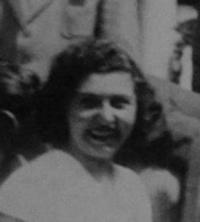“With all these neo-Nazi meetings taking place now...I am terribly afraid, the fear is still within me.”
Erika Juklová (b. Grossová) was born in 1927 in an Orthodox Jewish family in Hungarian Miszkolc. Her father was a textile trader. At home the family spoke Hungarian, only the mother, who was of Slovak origin, could speak Slovak as well. Erika Juklová studied a Jewish grammar school in Miszkolc, however, she was not permitted to complete her studies. In 1944, Hungary began to apply the Nuremberg racial laws. The family was thus forced to move into a ghetto. In late spring 1944 she was to be transported to the Auschwitz concentration camp. In October 1944, Erika and her mother got into the Buchenwald transport. There, they worked in an ammunition factory. The camp was liberated by the U.S. army in April 1945, and both women eventually arrived to Czechoslovakia several months later, aided by an uncle who fought in Svoboda’s army. Erika never returned to live in Hungary again; she married in Prague, graduated from a nursing school, and for over 30 years worked in the histology laboratory of the Academy of Sciences. Erika Juklová now lives in Prague in the Střešovice neighbourhood, has two sons, four grandchildren, and two great-grandchildren.



